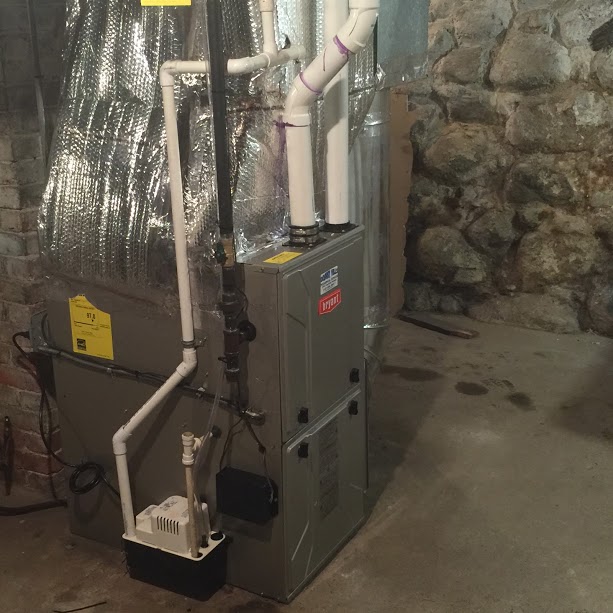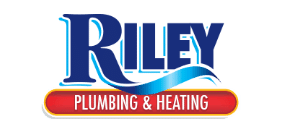
When Should You Replace Your Furnace?
There’s never a good time for a furnace to breakdown. Being one-step ahead of furnace repairs and knowing when to opt for a replacement instead can save you a lot of headaches instead of calling out for an emergency heating professional when it suddenly breaks down.
Know when you should replace your furnace:
What does Energy Star say?
Energy Star, a US government-backed organization recommends you should consider replacing your furnace after 15 years.
This is, of course, a broad guide and every furnace is different. In most cases a gas or electric furnace should last between 15-20 years.
Condition is more important than age
If your furnace is reasonable quality and maintained you should not only consider age when determining if a replacement is necessary. Generally speaking any furnace over the age of 10 is more likely to face problem, but a well-maintained one can go on for another 5-10 years and sometimes longer. What you need to consider is how well it’s operating, consider:
- Frequent repairs
- Increased energy bills
- Rooms are too hot or too cold
Frequent Repairs
When your furnace keeps needing repairs, it’s time to think about replacement. With aging furnaces, when several parts go this can sometimes have a knock-on effect on others. Frequent repairs often indicate a generally less efficient furnace and one that will soon need replacing.
Increased energy bills
As with any HVAC equipment, older furnaces become less efficient and this is when energy costs start to go up. If you notice your heating bills go up in the winter then you may have a furnace that needs to be replaced sooner or later.
It’s also worth considering if you do not have an Energy Star furnace currently, a qualified furnace can be ‘15% more efficient’.
Some rooms too hot or cold
Sudden inconsistency in the temperature of different rooms can be because of duct problems such as leaky ducts, improper insulation or furnace short-cycling (constantly switching on and off). These problems can often be repaired but sometimes suggest a furnace that needs replacing.
What else can determine if a furnace needs replacing?
There are a range of factors that can all contribute, but some of the more typical ones include:
- The build quality of the furnace – For example, a builder’s grade furnace may last just 8-12 years.
- How much maintenance the furnace gets – A well-maintained furnace can last many more years than one that receives little or no maintenance.
- How much you use your furnace – The cold winters we get here in Connecticut often mean our furnaces get a good workout, and wear down more quickly than in other parts of the country.
- The humidity in your home – A humid environment can rust and wear down key furnace components so they become less efficient or fail completely.
- Poor ventilation around furnace – A furnace needs good clearance and ventilation to allow sufficient airflow around it. If there’s not enough air circulating and too much moisture build-up then this puts pressure on the heat exchanger and can reduce it’s lifespan.
- Older/cheaper models – Good quality furnace brands are more likely to last longer, as are some newer models.
Tips to Avoid a Replacement
- Change the filter regularly–
- basic filters often need changing as often as monthly throughout the heating season. A dirty filter restricts necessary airflow, causing overheating that can damage the heat exchanger and other components. Better filters can often last longer before needing to be changed—a clue to this is the depth of the filter, often looking like an accordion. Check with your HVAC pro to get a guideline on how often you should change your filter.
- Schedule annual system tune-ups. Preventative maintenance preserves the efficiency of your furnace, it saves you money by identifying any small issues before they turn into expensive repairs, and it ensures the safe operation of the equipment.
- Control your humidity levels. A furnace that’s rusted badly due to excess moisture can allow deadly combustion gases such as carbon monoxide (CO) to leak into your living space.
Do modern furnaces last longer?
Sometimes you hear about old cast-iron furnaces that are still going strong after 30, or 40 years. Modern furnaces can sometimes last as long as 30 years, but for the most part the trade-off for their shorter lifespans is efficiency. The best rule when considering to replace a furnace is to take action before problems arise, if you stick within general lifespans then you can’t go too far wrong but you may also want to consider other factors as well.
Ask your local furnace service company
If you are unsure what type of furnace services you need, repair or replacement you can contact Riley Plumbing and Heating company based in Hartford County Connecticut: 860-225-1534


Leave a Comment
(0 Comments)